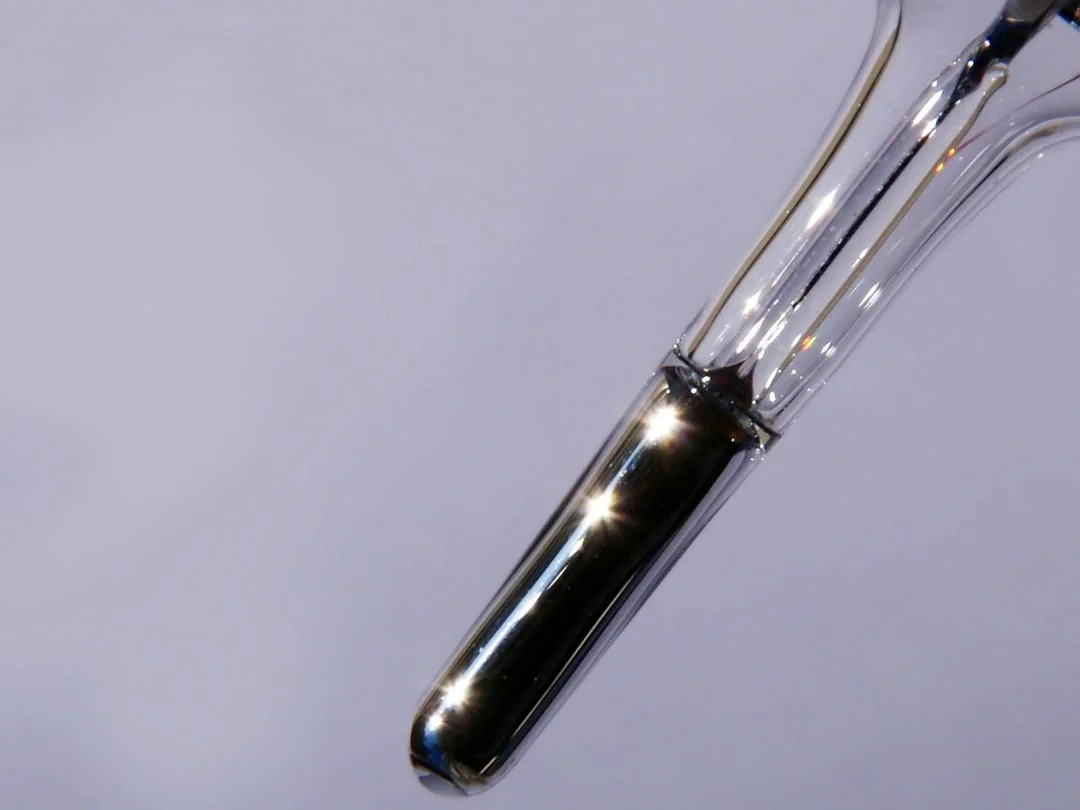
In Geneva, on November 30 of this year, parties to the Minamata Convention — the international treaty focused on protecting the environment from mercury and mercury compounds – moved towards phasing out products that contain mercury while promoting their alternatives. They also established a custom code method for such products that would gather useful and factual information that facilitated trade, even going as far as banning mercury-added products.
The Convention takes its name from the Japanese city, Minamata, after the city suffered a disastrous series of incidents related to widespread mercury poisoning. The coastal fishing village was alarmed after the bizarre symptoms and deaths of four fisherman proved to be mercury poisoning. Those symptoms continued to spread through the fish-eating locals, killing 900. It was discovered that the mercury originated from ongoing massive waste disposal by a nearby chemical plant, yet it took 12 years to stop the dumping. Today, delegates from nearly 140 countries approve of large scale efforts to control the entire life cycle of mercury, reducing its use in processes and industries as well as the mining of the element and its safe storage and disposal.
Mercury enters the air, land, and water in a variety of ways, chief among them being diesel fuel combustion, coal-fired power plants, and wastewater treatment plants. Municipal and medical waste combustion also produce and release mercury, which doesn’t break down in the environment, but rather builds up in the food chain, a process known as bioaccumulation.
Every time a person throws a mercury product in the trash or washes it down the drain, mercury pollution occurs. In fact, products that contain mercury pervade every area of human life. The product list is as extensive as its items are scarily common: thermometers, thermostats, blood-pressure cuffs, barometers, fluorescent and high-intensity discharge (HID) lamps, mercurochrome, auto switches, float switches, button-cell batteries, some oil-based paints, old alkaline batteries, and previously sold fungicides for seeds and turf. Even the weights/counterweights in grandfather clocks can expose us to mercury. This is why, by 2020, the manufacture, import and export of these products will no longer be permitted.
Luckily, there are many safe alternative products and more are being produced all the time. During the November opening session, the blueprint for the evaluation of the treaty’s effectiveness was established meaning a viable framework is in place that will help define the Conventions most effective ideas and methods by the year 2023. For its goals to be achieved, successful implementation of the convention at all levels is required to produce the correct data that will in turn indicate the right paths are being taken towards attaining the Minamata Convention’s goals.
Other important details were also adopted, including work programs, budgets, terms of reference for the Implementation and Compliance Committee, the necessary steps required to manage contaminated sites and waste thresholds. The substantial progress brought about by the previous conventions was also recognized – a key component for the continuation of worldwide efforts and programs. There was even a special session pointing out how policy and science inform one another. Other side events addressed the links between chemicals management and biodiversity, as well as waste management beyond 2020.
The results of the Convention are promising, but much work still needs to be done. Current protection is vital to maintain progress, and Graver has been developing highly-effective, low cost adsorbents for the reduction of mercury for many years, with widespread applications including Commercial and industrial treatment units for drinking water or contaminated water, cartridges for pitchers, counter-top devices, and more.
Need help?
You can find the right application or product using our Tool, or through our Chat Bot.
Keep In Touch
Keep up to date with our latest news and announcements. Unsubscribe anytime.




.svg)
.svg)



